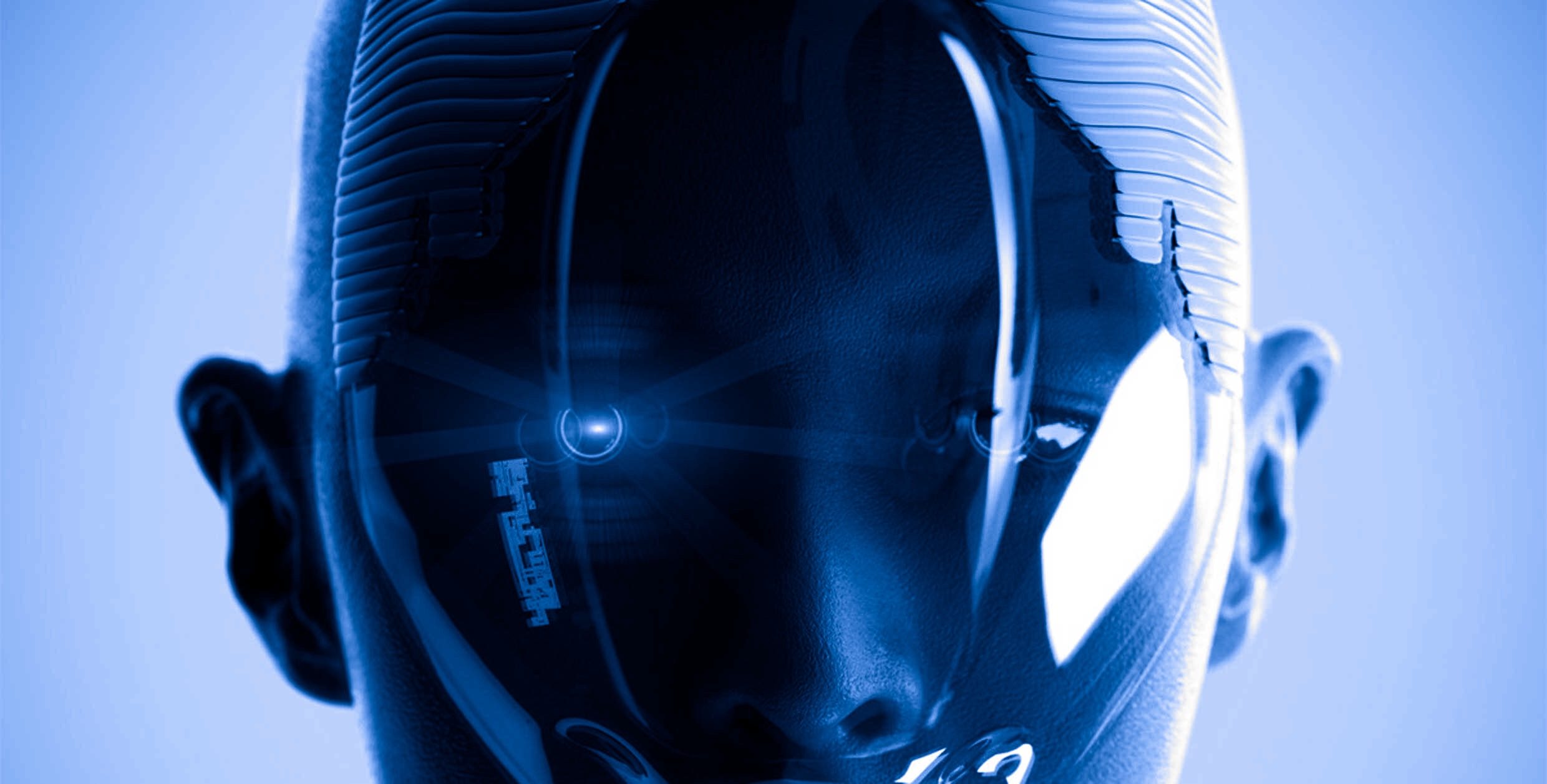30 days without food. 3 days without water. 3 minutes without air. These are the upper limits of the average human consumer. We must consume to survive. It’s a rule we cannot override.
But how long can we go without consuming TV? How long can we go without consuming music, conversation, new clothing, gasoline?
These are vanity consumptions. We’ve created them and made them essential to our way of life. Are the necessary? No. But they’re so ingrained in us and perpetuated by culture and the economy that we cannot stop. Half the fun in vanity consumptions is that they present us with new daily choices. Choosing is fun.
What outfit am I going to wear today? Ohhh, what should I binge on Netflix this weekend?
Having choices livens up these vanity consumptions.
Would TV be as widely captivating (with the average adult watching more than 5 hours per day) if there were only one channel? No way. Would sugary cereal taste as good if you didn’t get to choose between Cap’n Crunch, Frosted Flakes, and two hundred other cereals? Well, probably. But you get the point.
Choice is what makes consumption enjoyable day after day after day.
I wonder, though, if we are slowly giving away our choices. Has freedom of choice been replaced by algorithmic feeding?
Algorithmic Feeding
Open Instagram, Apple News, or (even in some cases) TV news stations and an algorithm is choosing what you read, watch, and hear. Open Priceline or Google Flights and an algorithm chooses the price you’ll pay. My dad is online car shopping on CarGurus. Even that site runs a program that decides what cars he gets to browse first.
Where does this go if we take it to the extreme?
Clearly a personalized feed for everything we consume. One of the first examples of this is adaptive music, which is basically a choice-less music feed.
Adaptive music is designed to reflect the current situation of the listener. It’s a soundtrack that is crafted real-time to help you relax when you’re anxious, get energy when you’re feeling lethargic, focus when you’re distracted.
The Music that Matches Your Mood
Some researchers describe the adaptive music programs – notably, Endel and Weav Run – as personalized DJs.
The goal is to outdo streaming music services by making playlists that change according to someone’s shift in emotion.
Molly Dannenmaier, Futurity
Music is right on the edge of an extreme in algorithmic consumption. And what’s most fascinating is that the same machine learning function, called a Monte Carlo search, isn’t just limited to music.
Researchers could adapt the personalized DJ program to other kinds of media, from news stories to videos.
Molly Dannenmaier, Futurity
Learning algorithms don’t have taste, they just have data. You can replace the dataset with anything, as long as people are consuming it in a similar fashion.
It can work in any case where you’re recommending things to humans, experienced in a sequence. It could even be food.
A Feed For Everything
Imagine having a recommendation algorithm for everything you consume. All of your choices were curated for you and you didn’t have to stress yourself with a decision ever again. That’s exactly what Max Hawkins, a former Google employee decided to test out.
I have a machine that reads books and pulls out things that people are doing in the books and then spits them back to me. So, for instance, if someone in the book goes to a park and smells the flowers, the computer will recognize that action, that verb-object pair, put it into a database. And then I have a process for randomly selecting these actions and it presents them to me and then, if it’s possible to accomplish it, I go and do it.
Max Hawkins, Future Human
Max has created various algorithms to randomly decide where he eats, what he wears, where he lives, what music he listens to, and how he spends his time. He even built an app that suggests new Facebook events to attend.
Inevitable/Human
When I first wrote about Max’s story in August 2018, I believed Max was onto something. Now I’m even more convinced.
A passive consumption lifestyle is where our society is headed. We love the ease that comes with algorithmic feeding. Occasionally we’ll complain about not having transparency into the inner workings of the algorithm. But we eventually forgive or forget.
Is it a bleak future where every corner of our consumption is curated by a software program?
Max sure doesn’t think so. I don’t think so. Because honestly, an algorithm is better equipped to present us with new choices and experiences than we are. Humans are too likely to form habits:
We all exist in these bubbles that get sturdier and sturdier over time until they eventually become walls. I find myself eating at the same six restaurants day after day. We talk with the same people, believe the same narratives, go to the same places, and interact in the same way. Until one day when we’re smacked with a craving for change.
Inevitable/Human
With that in mind, I’m certainly open to the idea of algorithms curating my consumption. Are you?
